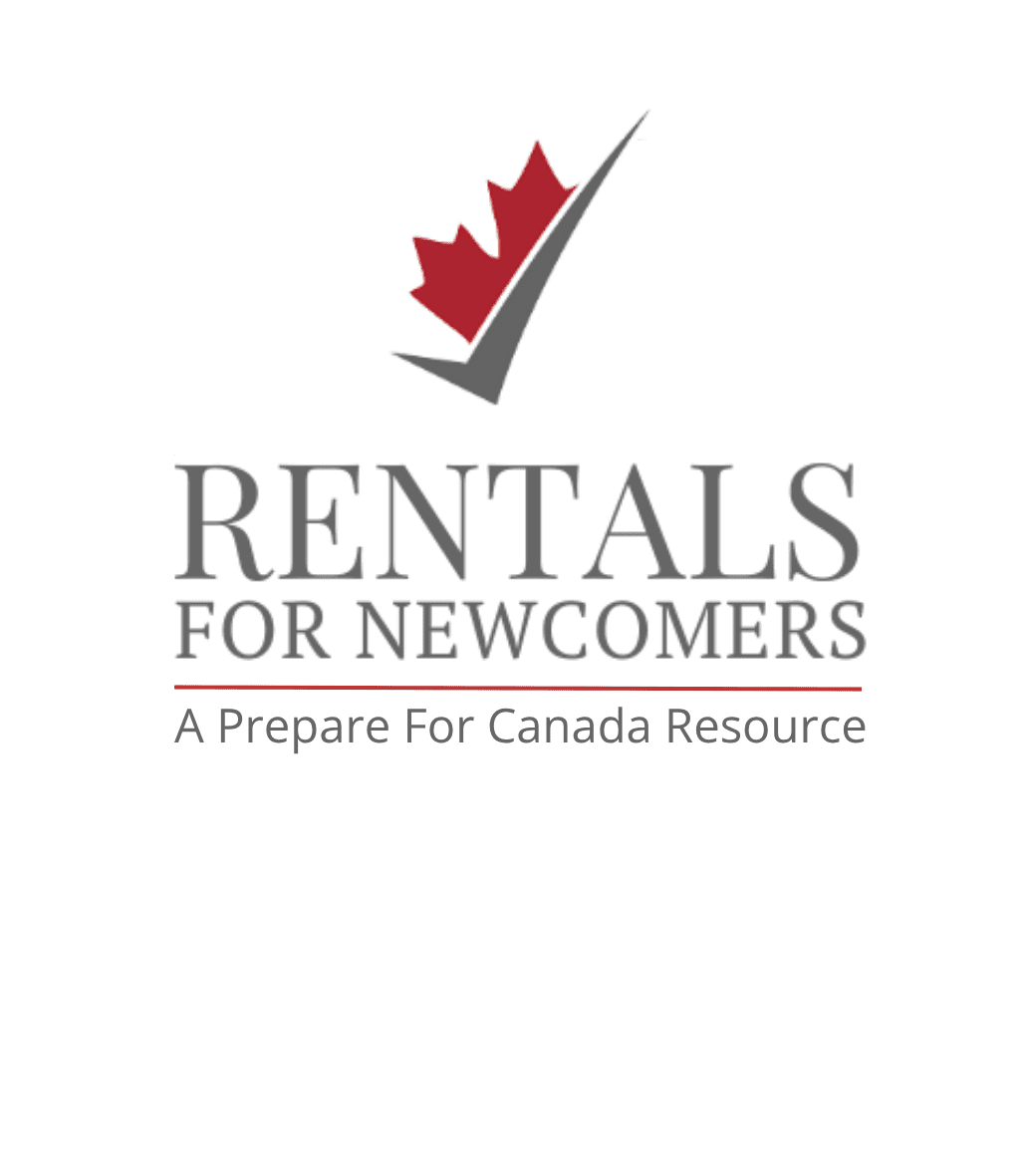Working
Securing employment in Canada involves more than just a job search. It encompasses understanding work permits, identifying career pathways, crafting a Canadian-style resume, and networking effectively. Early preparation in these areas can significantly enhance your chances of finding the right job that aligns with your skills and aspirations.
Our resources provide guidance on each step, helping you navigate the complexities of the Canadian job market and set a strong foundation for your career. Whether you’re starting fresh or continuing your profession, being well-informed is key to success.
Frequently Asked Questions about Working in Canada
When you complete the credential recognition process, it verifies that your international education, training, job experience, and skills meet Canadian standards. This makes it easier for Canadian employers to see the value of your international experience.
Regulated occupations are subject to provincial, territorial, and sometimes federal laws and are governed by regulatory bodies. Some examples of regulated occupations include doctors, nurses, engineers, and lawyers. Some skilled trade occupations such as plumbers and electricians are also regulated. Regulated occupations require you to have a license or certificate to work and be a member of a regulatory body.
You can start your research by exploring our Career Pathways occupations. We have in-depth information for more than 25 occupations to help you understand what you require to work, licensing, and tips to find employment in your field.
Yes, in many cases, you can work in Canada while your application is being processed, especially if you have a valid work permit. Check the specific conditions of your application.
Working Key Terms
Help internationally trained individuals prepare to work in a profession or trade in Canada by addressing specific gaps in knowledge, skills, values, and experience.
Set the minimum standards of practice for many professions in Canada. They have the authority to determine eligibility for, and to issue licenses to practice a specific occupation.
The credential recognition process proves you have the status or credentials to work in a regulated occupation. Credential recognition allows you to use a professional title or designation and continue your career in Canada.

Working
Where Can Newcomers Apply for Accounting Jobs?

Working
How can newcomers find teacher jobs in Canada?

Working
How do newcomers get hired as Administrative Assistant?

Working
How do Midwives get licensed to work in Canada?

Working
Where can Physiotherapist find jobs in Canada?

Working
What are the steps to becoming an Optometrist?

Working
How do Dental Hygienist start working in Canada?

Working
How do Medical Radiation Technologist get certified?

Working
Self-awareness is Key to Your Job Search

Working
What is Credential Recognition?

Working
Summer Jobs in Canada: Tips for Newcomer High School Students

Working
Employment Law Basics | A Guide for Newcomers










